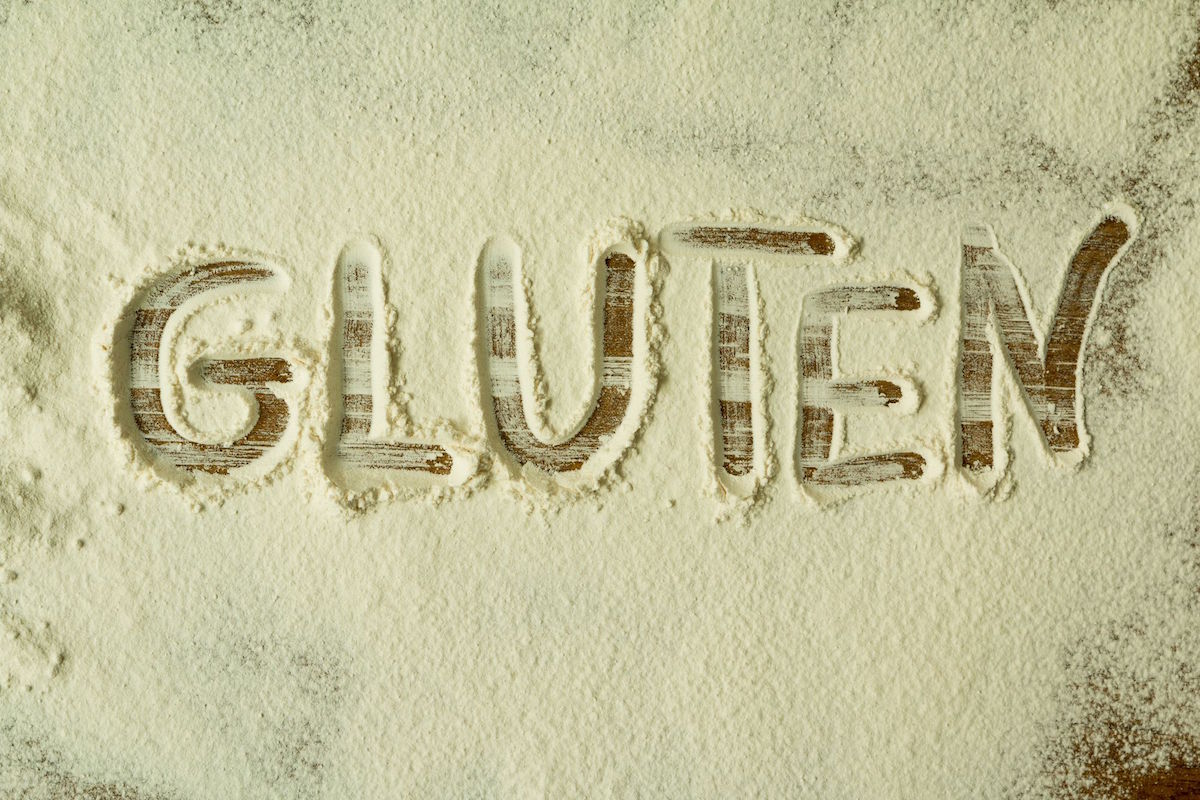- BY Susan Tucker
- POSTED IN Gluten-Free Life, Information
- WITH 0 COMMENTS
- PERMALINK
- STANDARD POST TYPE

Contrary to what the title of this article may lead you to believe, you actually cannot be allergic to gluten. Not to say gluten does not offer up its own set of issues. In fact, there are three disorders you can attribute to gluten on a scientific basis: celiac disease, wheat allergies, and non-celiac gluten sensitivity. How do you know if you have an intolerance? Well, that’s where the symptoms come in, and we’re going to cover a few to watch out for in this post.
Gluten Allergy Symptoms
Bloating
Bloating makes you feel swollen or full of gas after you eat. It can be a miserable feeling, but it can also have a lot of explanations. It could be a sign of gluten intolerance, but many people who are not intolerant feel bloated on occasion as well.
Diarrhea or Constipation
This is another thing that most people deal with on occasion, but if it happens regularly and often after eating gluten, it is a large sign of intolerance. Those with severe cases, like celiac disease, have inflamed guts after they eat gluten. The process can cause damage to their inner linings, but even if you don’t have a severe case, if you are sensitive to gluten, you could experience either diarrhea or constipation regularly.
Find Gluten Free Bread Near You >>
Pain in the Abdomen
This pain is common and can be explained in a number of ways, but it is one of the most common symptoms that those who are intolerant of gluten will have. If the discomfort is evident and only occurs after ingesting gluten, there may be a problem.
Headaches
This symptom is not as easily connected with gluten, but those who have an intolerance to the substance are more prone to migraines and other headaches. Those who get pain in the head regularly can possibly be sensitive to gluten intake.
Fatigue
Everyone is tired at the end of the day, but if you feel constantly tired, there could be a gluten intolerance at play. Those who can’t properly ingest gluten are prone to tiredness, especially after they eat gluten. The intolerance can cause an iron deficiency as well, which can cause even further lack of energy.
RELATED: Why Do I Feel Tired All the Time?
Skin Issues
Gluten intolerance can also show up on the skin in a variety of ways. It could cause psoriasis, a scaling, and reddening of the skin. It could also cause chronic urticaria, a recurrent, itchy lesion with a pale center. And alopecia also sometimes occurs, a non-scarring loss of hair.
Depression
Depression affects a number of adults, but people with digestive issues are even more prone to the ailment. Gluten intolerance can lead to abnormal serotonin levels and a change in the gut microbiota as well as exorphins that can interfere with the nervous system.
Weight Loss
People who are not trying to lose weight, but area anyway, may have a gluten intolerance. Since nutrients are not being absorbed properly, and there are likely other digestive symptoms, weight loss is a huge symptom of an issue.
There are a number of other symptoms that go hand in hand with gluten intolerance. If you have any of these or think you may have a sensitivity to gluten for any reason, it is best to visit with your doctor and get tested so you know what you should avoid in the future.
Disclaimer: This information is not intended to treat, diagnose, cure or prevent any disease. All material provided on this Site is provided for information purposes only. Always seek the advice of your physician or other qualified health care provider with any questions you have regarding a medical condition, before undertaking any diet, exercise, other health program, or other procedure set out on this Site.


